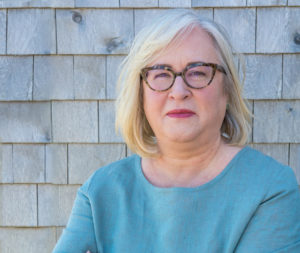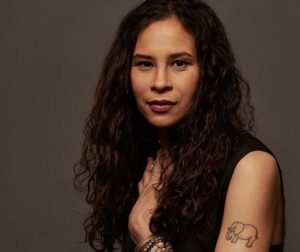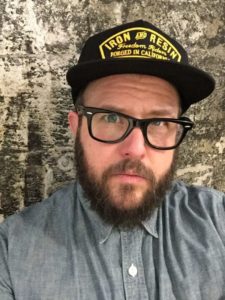A series of innovative writing workshops start at King’s this fall.
Three eight-week non-credit courses in fiction, non-fiction and journalism will run from mid-October to December and are open to everyone.

Kim Pittaway has introduced three new non-credit writing workshops at King’s for writers of all ages interested in fiction, nonfiction and journalism.
The workshops are: From the Heart: A Queer+ Nonfiction Writing Workshop, Fundamentals of Fiction, and Journalism and Advocacy.
“We really thought there was this gap in the market,” said Kim Pittaway, King’s MFA in Creative Nonfiction executive director and workshop coordinator. She felt that no non-credit courses more than just a few hours long were available in the area.
“It is important for [King’s] to be good citizens in the community of literature and writing in our community.”—Kim Pittaway
Pittaway, an award-winning journalist and past president of the Writers’ Federation of Nova Scotia, said it is important to have this type of service available for people who cannot afford the time or money to take a university course. “It gives people the chance to jump in and strengthen their skills in a certain area.”
Something for everyone
King’s wanted to offer a variety of workshops that invited all different types of writers.

El Jones will lead a workshop entitled Journalism and Advocacy.
“The goal of this workshop is to move beyond some of the more traditional ideas of journalism,” said El Jones, instructor of the Journalism and Advocacy workshop. “Particularly the idea that journalists can’t also engage in activism, or that journalism is separate from the social movements of our times.”
At a time when people around the world, especially young people, are fighting issues like climate change and corruption, there are also broader conversations about how communities access platforms to share their message, said Jones. “Journalism has to be at the forefront in confronting these issues. Communities are also increasingly challenging traditional platforms and forms of journalism, and this course also explores these practices.”
Cooper Lee Bombardier, a writer and visual artist based in Halifax, is teaching the workshop From the Heart: A Queer+ Nonfiction Writing Workshop. He is also the mentor apprentice in King’s MFA in Creative Nonfiction program this year.
“Writing as queer and as trans for the past 20-plus years has made me hyper-conscious about whose stories get to be told and heard. I’ve had a ton of privileges in my life too, but the ways in which I am marginalized shape the stories I write and also the way I teach. I see creative writing as a liberatory act and for all of my writing students I do what I can to demystify the publishing process and minimize barriers to resources that can support them in creative work,” Bombardier told King’s.

Chris Benjamin will lead the Fundamentals of Fiction workshop. Photo: Niki Davison
Author and editor Chris Benjamin is teaching the Fundamentals of Fiction workshop. He’s managing editor of Atlantic Books Today and has written several nonfiction books and a novel.
These three workshops are a trial-run. Each aims to draw eight to 15 students to keep the intimacy of working with a smaller group and facetime with the instructor. If they are successful, the goal is to build a roster of workshops that would be rolled out by King’s in the fall, winter and summer, according to Pittaway.
“I think we are going to look at these courses as a way of experimenting a little bit with what the various communities and writing community in the area are interested in,” she said.
King’s writing reputation
It’s important to the university to not only foster strong writing in its classrooms but also in the surrounding community. “King’s has a reputation as a university where students strengthen their writing skills,” Pittaway said. She pointed to the renowned Foundation Year Program, which focuses on writing and research skills early on, and the journalism and MFA in Nonfiction programs as ways the school breeds strong writing.
“It’s also part of the university’s role to contribute to and strengthen the local writing ecosystem,” Pittaway said. “I think it is important for us to be good citizens in the community of literature and writing in our community. So, this was one other way for us to support that community.”


